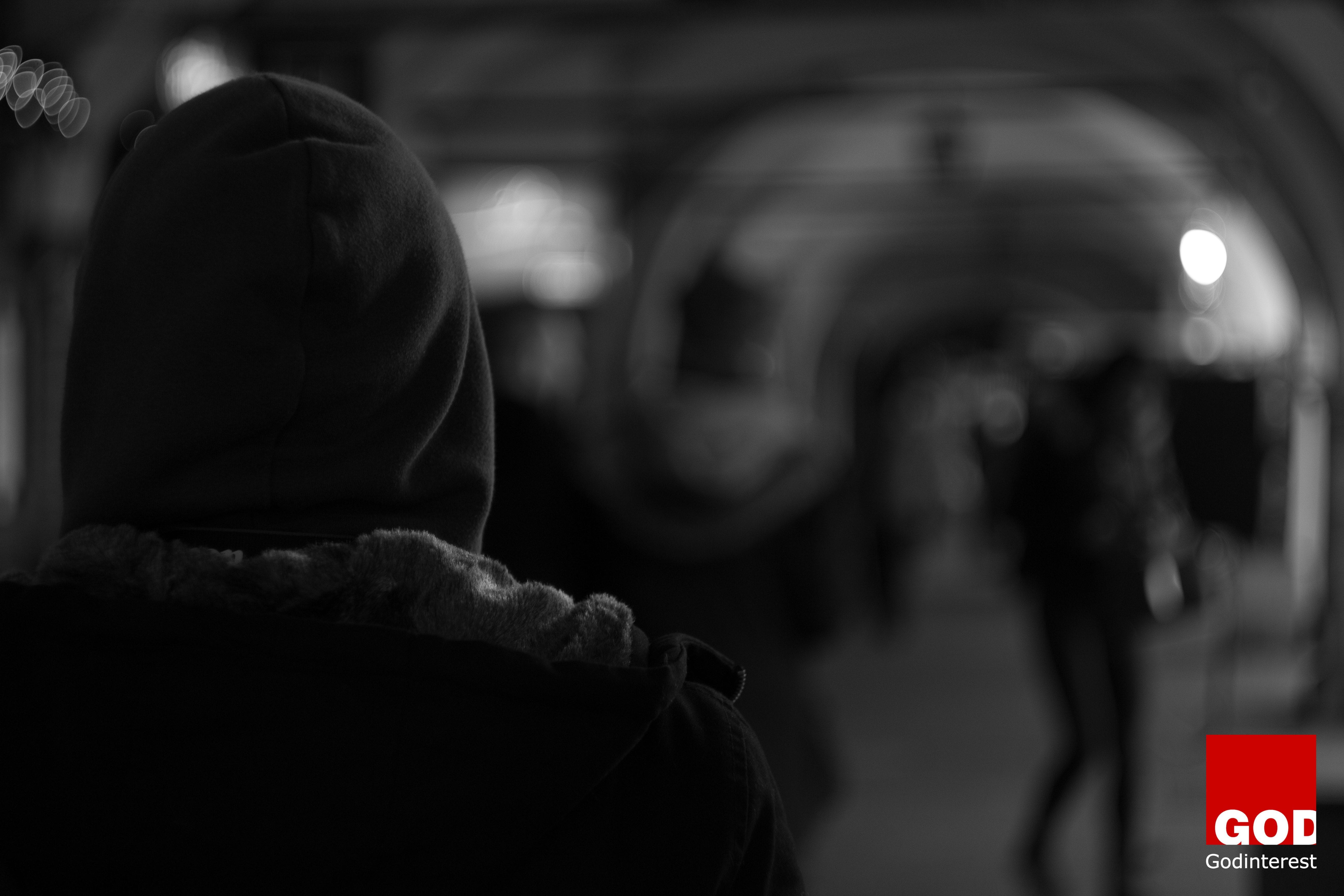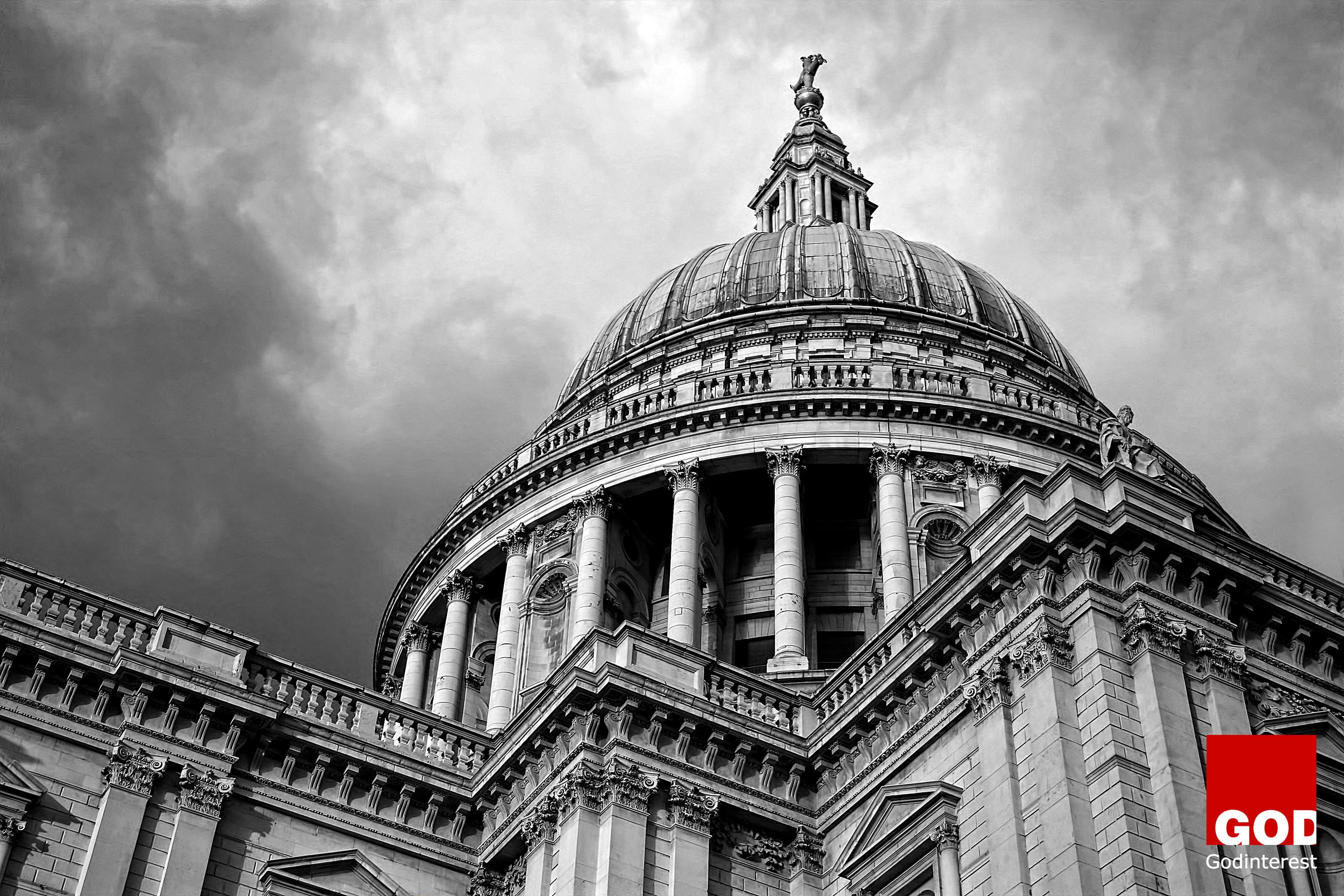Last month, every time I turned on the TV or read the news on the internet, there was some new sexual abuse or harassment scandal being plastered on my screen.
Last year it was the Church of England. Then it was Hollywood. Then it was the Olympics gymnast doctor scandal. Then it was #MeToo. Then it was that Aziz Ansari story. Then it was the President’s Club.
The scale of this uncovering has been huge.
I’m all for evil being exposed because that’s the only way to be rid of it. But some of these incidents are not all that clear-cut. When lines get blurred, the real evils and injustices become harder to tackle. Worse, we end up preoccupied with the symptoms of a broken system, instead of tackling the root.
Abuse or regret?
Let’s take the Aziz Ansari story, to start with. If you don’t know what this is about, a young woman, ‘Grace’, came forward last month, as part of the #MeToo campaign, to tell her story about her date-gone-wrong with actor and comedian Aziz Ansari.
There’s no denying the unpleasantness of this story, but if you can detach yourself for a moment from the narrator’s emotional experience, the facts remain: ‘Grace’ went to Ansari’s apartment willingly enough and, despite feeling uncomfortable, performed sexual acts on him. When she texted him the next day to tell him how she felt, he apologized. He hadn’t understood her non-verbal cues.
Whilst unpleasant and uncomfortable, this account does not constitute sexual assault. In the article, ‘Grace’ says she felt pressured to do things she didn’t want to do. But Grace was not forced against her will. She could have said ‘no’, walked away, or even better, refused to go back to his apartment after a hurried first date that she didn’t seem to enjoy.
Stories like this complicate the whole #MeToo campaign with some blurry definitions as to what constitutes assault or abuse, and what does not.
‘Grace’ shouldn’t feel responsible for Ansari’s behavior. But where’s the acknowledgment of her own error of judgment? There’s probably more nuance to this, but I think it has more to do with why women feel like they need to have sex with someone they’ve just met than it does about the definition of consent.
We condemn and promote the same thing
But what bothers me more is that the very culture that condemns sexual assault promotes a morality that leaves people wide open to abuse.
Why is there so much outcry about #MeToo but very little about pornography, for example? Porn harms everybody involved: The actors, the consumer and those close to the consumer (and there are a lot of consumers. According to the Huffington Post, porn sites receive more regular traffic than Netflix, Amazon, and Twitter combined each month). Porn fuels the demand for sex trafficking, one of the most extreme forms of sexual abuse out there. Why isn’t this being taken seriously? Why isn’t more being done to educate young, impressionable teens about the risks attached to porn use?
Unhealthy, hyper-sexualized relationships are not always presented overtly – sometimes they’re packaged attractively with seductive advertising and slick soundtracks. Fifty Shades of Grey is a timely example. Despite the increasing number of people who have called out Fifty Shades for what it is – a ridiculous saga normalizing an abusive and controlling relationship – it continues to be advertised as your ultimate Valentine’s date night.
But the problem lies deeper still. It’s not just the glorification of abusive relationships in the media. It’s about the way society views sex and relationships altogether.
If a rom-com doesn’t depict the protagonists jumping into bed almost immediately, is it even a rom-com? Even Friends can’t go without joking about casual sex or porn multiple times per episode.
The music industry is no better. Until the media stops selling music using half-naked women and basically-soft-porn music videos, it needs to shut up about female empowerment. You’re not powerful if you have to take off your clothes and sing about sex to make people buy your music.
This is nothing new
Seems bleak right? Well, it’s probably helpful at this point to take a step back and recognize that what we’re seeing is nothing new. Sexual norms in Greco-Roman society were even more permissive than they are today. If you were the master of the house, pederasty (sleeping with your boy slave) was considered A-OK. Fidelity in marriage was looked down upon and your typical Greco-Roman home would be adorned with every-day items covered in pornographic images.
The introduction of Christianity would have been an affront to everything that Greco-Roman culture stood for. Today, as we’ve drifted further and further away from the pattern of sex and relationships that God had in mind for us, we see much of the same.
The progressive ideology that led to the liberalization of sexual norms is the very same one that has created an environment where sexual misconduct can run rife.
Our culture is desperately confused. We think more ‘progression’ is the solution but instead we’ve regressed into a situation where sex is cheap; both glorified and debased.
I hope that by recognizing the correlation between what society promotes, and its outworkings, we can all be a little smarter about what we consume and which narratives we buy into.





















